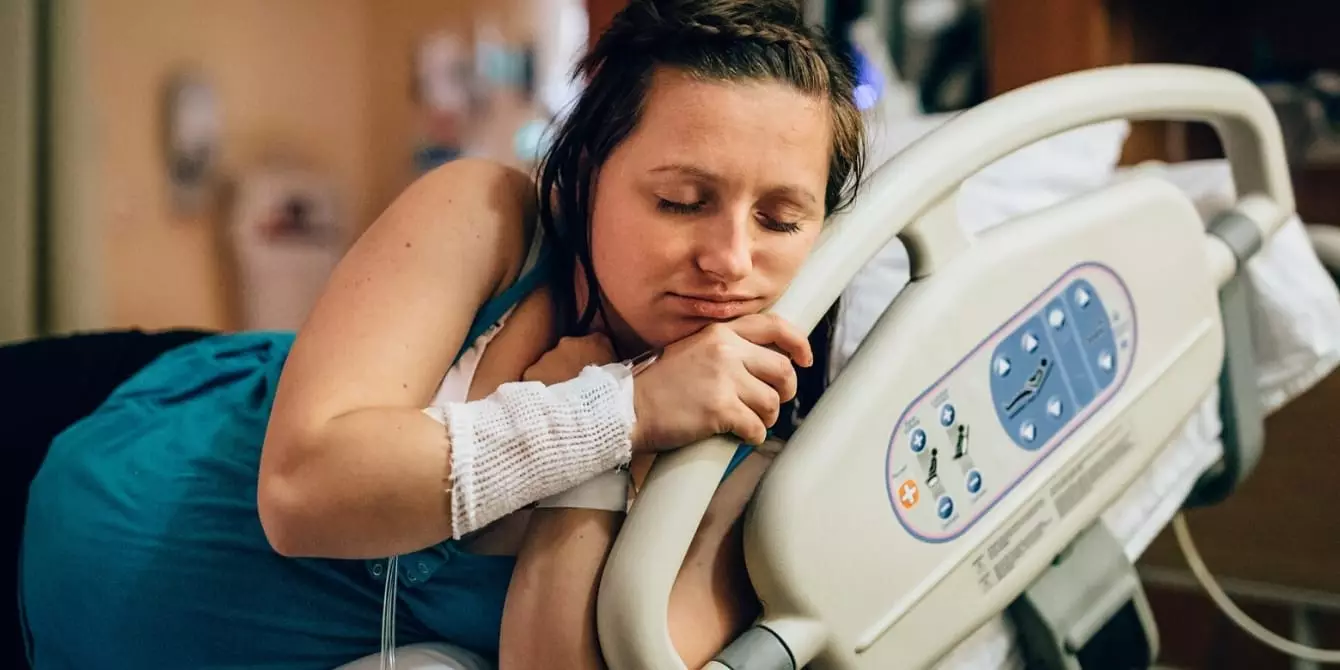When I found myself pregnant and preparing for the impending arrival of my first child, I faced a flood of emotions and decisions. As a 37-year-old newlywed, there was a blend of excitement and anxiety. One of the earliest questions posed by my midwife regarding my preference for delivery sparked an immediate response from me: “I don’t want an epidural.” This instinctive reaction stemmed from both a fear of needles and an ingrained belief that opting for an all-natural birth would earn me societal approval. It was an early reminder that even in such intimate decisions, external expectations can heavily influence our choices.
Instead of diving into extensive research on birthing methods—which only added to my anxiety—I turned to the experiences of the women in my family. Their stories formed a fabric through which I could weave my own expectations. I reached out to my mother first, curious about her childbirth experience. Her summary came with a vague mention of an “epidural,” coupled with the acknowledgment of the challenges she faced. I thought of my grandmother, a native of Appalachia, who lived in a different time, with little choice beyond what her environment dictated. She gave birth unassisted at home, a scenario foreign to contemporary society’s discussions on birth.
The tale of my grandmother’s complexion during her labor—where she was left alone for hours only to emerge with a baby against insurmountable odds—flooded my mind. Her strength in ensuring the survival of her newborn seemed monumental. Nevertheless, it also emphasized how societal standards for childbirth have shifted dramatically over the decades. Surrounded by narratives laden with both resilience and hardship, I began reassessing what childbirth meant to me personally, weighing my fears against the legacy of maternal endurance that preceded me.
As my due date approached, a mix of anticipation and fatigue enveloped me. Despite feeling physically well, emotionally, I was spent. Responding to endless inquiries about my condition and the arrival of my baby felt exhausting. Each day that passed without labor heightened my anxiety. When I arrived for a non-stress test at 41 weeks, my midwife gave me the recommendation for an induction. Although cautious about allowing my pregnancy to extend into the 42-week mark, I ultimately made the decision to induce labor shortly after.
My experience on the day of induction was filled with both mystical hope and foreboding dread. Even after receiving medication, the labor was intense, leading me to a moment where pain relief became paramount. At the point of reaching five centimeters dilation, I asked the nurse about medication options. This was an important shift in my narrative, one that reflected a larger theme of embracing support over stubbornness.
Realizing my emotional and physical limits, I made the critical decision to opt for the epidural after grappling with preconceived notions of toughness. In that moment, I thought about my grandmother and the fierce independence she embodied—qualities I deeply admired but recognized as stemming from necessity rather than choice. Upon sharing my decision with my husband, his relieved demeanor reminded me of the importance of prioritizing my health and well-being over any illusory ideals of suffering nobly.
Once the epidural took effect, a weight lifted from my body. I could focus on the overwhelming exhilaration of bringing life into the world rather than the confusion and pain I had been engulfed in moments before. The culmination of labor brought us our baby boy, marking the end of one journey and the beginning of another. The path filled with uncertainty led to the moment I had prepared for—a moment of triumph and newfound responsibility.
Having been through this life-altering experience, I emerged with a sense of gratitude. The supportive presence of my husband, the dedicated medical team, and the openness to reassess my values during this monumental event taught me that motherhood is an intricate tapestry woven from personal choices, family history, and the legacies we carry. After our son was born, my husband expressed seeing in me a strength reminiscent of my grandmother. His words resonated deeply, bridging our histories and reinforcing that every birth story, while unique, is intertwined with the sentiments of those who came before us.
In the end, our decisions surrounding childbirth may not resonate universally, yet they illustrated what was best for us. Ultimately, our experience taught me that embracing available resources in a healthcare system is not only a privilege but a path toward empowered choices. Safe at home with our healthy newborn, I am reminded that the essence of motherhood lies in the love and safety we provide—truly, that was my birth plan all along.

